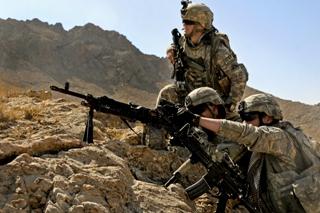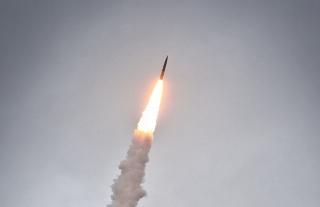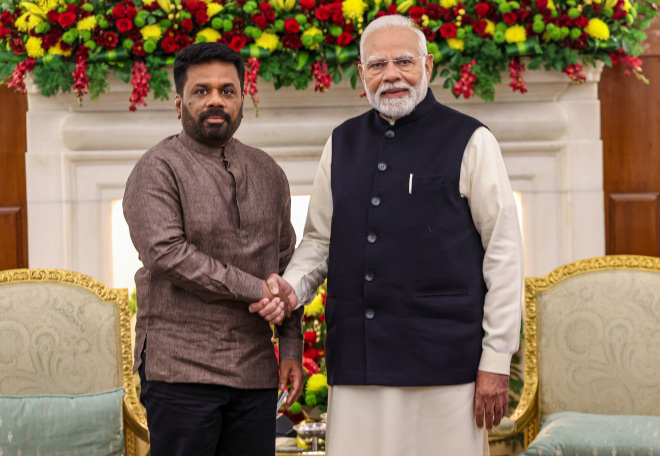
WASHINGTON (PTI): US Army is developing a next generation protective helmet with a built-in air-conditioning system to help soldiers beat the heat in the battle field.
The new technology brings this relief to a soldier through a powered air purifying respirator, which consists of a hose connected to the face mask from a blower unit and battery pack hanging off the hip or back.
In 2013, scientists at the Edgewood Chemical Biological Centre, a part of the US Army Research, Development and Engineering Command, began designing concepts for the next generation of chemical, biological, radioactive and nuclear respirators.
They developed a fan embedded within the mask's filtration system that uses less power, is lighter and is far less bulky than conventional respirators.
In addition to reduced weight and power requirements, this system offers major improvements to the level of comfort and effectiveness of the mask.
The mini-blower works by pulling air through a filtration system on the side of the mask and sweeping it across the nose cup to allow for even flow across the face.
When the user exhales, the air valve closes and diverts all of the clean filtered air into the mask's eye cavity to over-pressurise the face piece, preventing any potential for outside contaminates to enter the mask should there be a break in the seal.
In test studies, a modified, commercial version of the M50 joint service general purpose mask has proven to be more comfortable to a soldier, and maintains the same or greater effectiveness when crawling, running, or during rifle exercises and combat manoeuvres.
These technology demonstrations produced real-time data on mask protection factors, thermal sensation and comfort to the soldier.
The team at the centre's Respiratory Protection Branch continues to develop multiple technologies, anticipating integration with next-generation helmet and communication system designs and user needs.
The researchers anticipate a mask that is able to sense when the fan needs to come on and when it should shut off based on physiological monitoring, and the ability of the user to control the scalability (operational mode) of the system.
 Previous Article
Previous Article Next Article
Next Article













The Indian Air Force, in its flight trials evaluation report submitted before the Defence Ministry l..
view articleAn insight into the Medium Multi-Role Combat Aircraft competition...
view articleSky enthusiasts can now spot the International Space Station (ISS) commanded by Indian-American astr..
view article